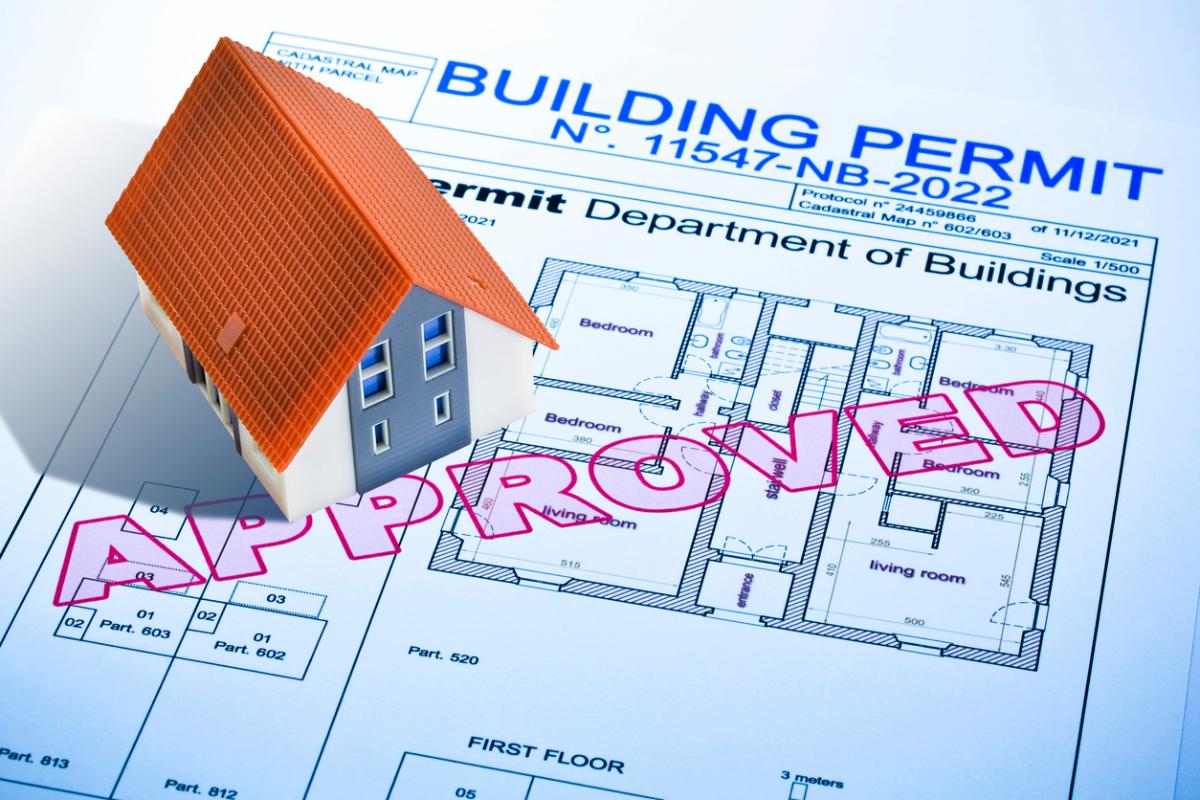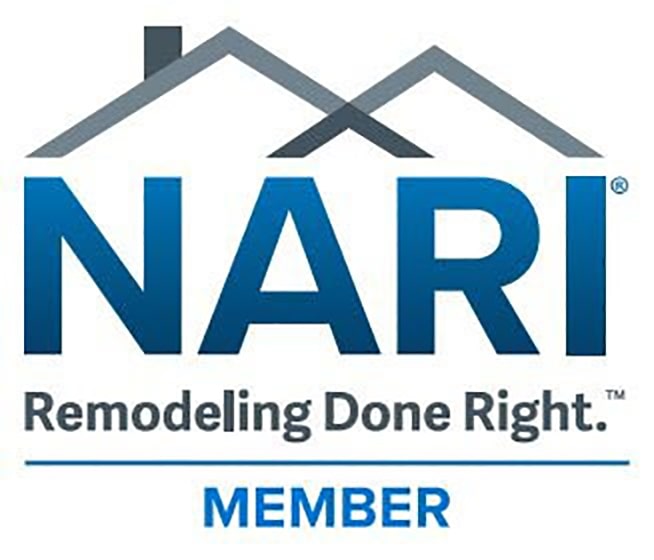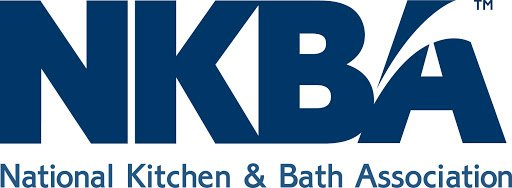Home remodeling projects can be an exciting venture, providing homeowners with the opportunity to enhance their living spaces and increase the value and functionality of their properties. However, before diving into a home renovation project, it’s crucial to understand the intricacies of the permitting process. Obtaining the necessary permits for remodeling a home is not only a legal requirement but also a crucial step in ensuring that the project meets safety standards and building codes. In this comprehensive guide, we will explore the key aspects of the permitting process and shed light on the importance of complying with local regulations.
The Importance of Home Remodeling Permits
When it comes to home remodeling, obtaining the proper permits is more than just a bureaucratic hurdle; it’s a critical step in safeguarding the structural integrity of your home and the safety of its occupants. Home remodeling permits act as a safeguard against shoddy workmanship and ensure that projects are executed in accordance with established standards.
The Permit Application Process
The journey begins with the permit application. Before embarking on any remodeling project, homeowners must submit a detailed application to their local building department. This application typically outlines the scope of work, including specifics such as the type of renovations, materials to be used, and project timelines.
Home improvements that often require a permit include those involving structural changes, electrical work, and plumbing alterations. For instance, if your remodeling project involves upgrading your water heater or making changes to the electrical wiring, you will likely need a permit. It’s crucial to consult your local building code to determine the specific requirements for your area.
Navigating the Building Permit Process
Once the permit application is submitted, it undergoes a thorough review process with the local building department. This review ensures that the proposed renovations comply with building codes and zoning regulations. The building codes are established to guarantee the safety and well-being of the occupants and to maintain the overall integrity of the community.
The building permit process involves a careful examination of the architectural plans, project specifications, and adherence to safety standards. Local building departments may also consider the environmental impact of the proposed renovations. While this process may seem time-consuming, it is a crucial step in preventing potential hazards and ensuring that the work is completed to the highest standards of safety, quality, and professionalism.
The Role of Licensed Remodeling Contractors
In many jurisdictions, hiring a licensed contractor is not just a preference but a requirement for obtaining permits. Licensed remodeling contractors possess the necessary skills and expertise to carry out remodeling projects in compliance with local regulations. When homeowners engage the services of a licensed contractor, they can rest assured that the work will meet the required standards, both in terms of craftsmanship and safety.
Working with a licensed professional not only expedites the permitting process but also minimizes the risk of costly mistakes. When evaluating local remodeling contractors, it is essential to verify the credentials of your chosen contractor and ensure that they hold the appropriate licenses for the type of work involved in your remodeling project.
Time and Money: The True Costs of Skipping Permits
Some homeowners may be tempted to bypass the permitting process, thinking it will save them time and money. However, this approach often leads to significant consequences. Failure to obtain the necessary permits can result in legal complications, fines, and the need to undo completed work.
Skipping the permitting process may also affect the resale value of your home. Potential buyers are likely to be wary of properties with unpermitted renovations, as they may pose undisclosed risks and liabilities. In the long run, the time and money saved by skipping permits can pale in comparison to the potential repercussions.
The Final Inspection: Ensuring Compliance
Once the remodeling work is complete, the last step in the permitting process is the final inspection. This inspection is conducted by the local building department to verify that the work has been executed in accordance with the approved plans and building codes. It is a crucial checkpoint to ensure that the safety and integrity of the home have not been compromised during the remodeling process.
Homeowners should schedule the final inspection promptly after completing the renovations. Passing the final inspection not only confirms the successful completion of the project but also provides official documentation that the work complies with all relevant regulations.
Hiring a Contractor for Home Improvements
When considering a home remodeling project, hiring a contractor is a common and practical choice. However, it’s imperative to hire a contractor with a proven track record and the necessary credentials. A reputable contractor will guide you through the process of obtaining your building permits, helping you navigate the complexities and ensuring that your project is compliant with local regulations.
Projects That Require a Permit
Understanding which projects require a permit is crucial for homeowners planning renovations. In addition to major structural changes, electrical work, and plumbing alterations, construction projects such as adding or removing walls, installing new windows, and making changes to the home’s footprint typically require permits. Before commencing any work, it’s advisable to consult with your local building department to determine the specific permit requirements for the project you’re considering.
While it can be time-consuming and somewhat stressful, the permitting process is a vital aspect of any home remodeling project. Getting permits for remodeling work not only ensures compliance with local building codes but also contributes to the safety, integrity, and value of your home. From the initial permit application to the final inspection, each step plays a crucial role in the successful outcome of your remodeling venture.
Remember, the investment of time and resources into obtaining the necessary permits is an investment in the long-term well-being of your home. By only working with licensed remodeling contractors, adhering to building codes, and embracing the permitting process, homeowners can embark on their remodeling journey with confidence, knowing that their projects are in safe and capable hands.
When you’re ready to remodel your kitchen, bathroom, sunroom, deck, or porch, or create a new custom space, give Gettum Associates a call! Our team of talented construction professionals has over 30 years of experience helping Hoosier homeowners improve the functionality and design of their homes.
Gettum Associates, Inc., specializes in remodeling kitchens and bathrooms and creating custom sunrooms, decks and porches, and home additions.
Contact us today to learn more and request your FREE consultation!














